The future of the section 1031 exchange community: Will it survive 2017? - by Michael Packman
 Micahel Packman, KNPRE
Micahel Packman, KNPREWhile the entire country is waiting to see the impact of last year’s political changes, the 1031 exchange community is probably at the forefront. The roller coaster ride of last year ending with the election of Donald Trump as our new president has put the country in a position for the potential of major economic changes. The Republicans maintaining a majority in both the House and Senate, combined with Trump in the White House has opened the door for huge tax reform.
The Republican sponsored blueprint for tax reform is expected to bring tax breaks to the entire county, including some major advantages for businesses. However, one area that it is suspiciously silent on is the almost 100-year-old section 1031 of the tax code. This has created a large amount of speculation and fear in the industry as to whether the deferral will survive this year’s budget. President Obama’s 2017 budget proposal ignited the fire since disclosed last year. It has excluded arts and collectables from the exemption and has limited all included real and personal property to a maximum of $1 million annually. During last year’s campaign, there were many questions surrounding Mr. Trump’s massive tax write-offs. The fact that he is in the real estate business has led to scrutiny of all real estate related deductions, including section 1031. It has been termed a loophole used by wealthy developers to never pay taxes. The sad part about this is that developers can’t even use 1031 exchanges to defer their profits when selling a project as the they are treated as business income, not investment gain. Another interesting fact is that 1031 exchanges defer, not eliminate the tax and 88% of properties acquired in an exchange eventually are disposed of in a taxable sale.
The huge tax cuts included in the Blueprint coupled with the silence on exchanges have caused the 1031 industry to be fearful that buried in the reform will be a repeal of section 1031. While 1031 exchanges actually compliment the Blueprint, by adding to growth, the fear is that they will be sacrificed in favor of some of the more recognizable reforms included in the proposal. This could end up being a huge mistake and one that potentially leads to the unintended consequence of a downward spiral for an already fragile U.S. economy. Multiple studies have been done on the effects of a repeal of the section, including one by Ernst & Young. The conclusions are all in agreement; a devastating impact on the overall economy. According to some of the 1031 industry’s leaders, many in Washington don’t realize the extent of the benefits Section 1031 extends to the economy and the consequences to be had should it be repealed. If we look back to 1986, a similar sacrifice was made. At the time, passive losses were allowed to be taken in real estate. The major tax reform of that year repealed the ability to use write off the losses resulting in almost immediate real estate downturn, and the crash of the savings and loan industry which brought on the recession of the 1990’s. The scary part is that Section 1031 is more impactful on the economy that passive losses were.
The one thing for certain regarding Section 1031 is the uncertainty currently surrounding it. Will Mr. Trump, being in the real estate business and understanding it’s value, never let 1031 be deposed of? Does the combined Republican control sacrifice exchanges in favor of more visible tax incentives? Or do they see the value of keeping section 1031 and the potential downtown should they go away? As with everything in life, nothing is for certain until the paper is signed. Fortunately, organizations like the Federation of Exchange Accommodators (FEA) are working diligently to keep the Section alive. They have a dedicated website, 1031taxreform.com. This site is a true resource to help understand the benefits of exchanges and includes actions that anyone can take to help the cause, including sending a letter to a local congressman.
Michael Packman and Brian Sidman are co-founders & principals of KNPRE, Westbury, N.Y.
Horizon Kinetics relocates new headquarters to Tishman Speyer’s Rockefeller Center


Strategic pause - by Shallini Mehra and Chirag Doshi

Lasting effects of eminent domain on commercial development - by Sebastian Jablonski

AI comes to public relations, but be cautious, experts say - by Harry Zlokower



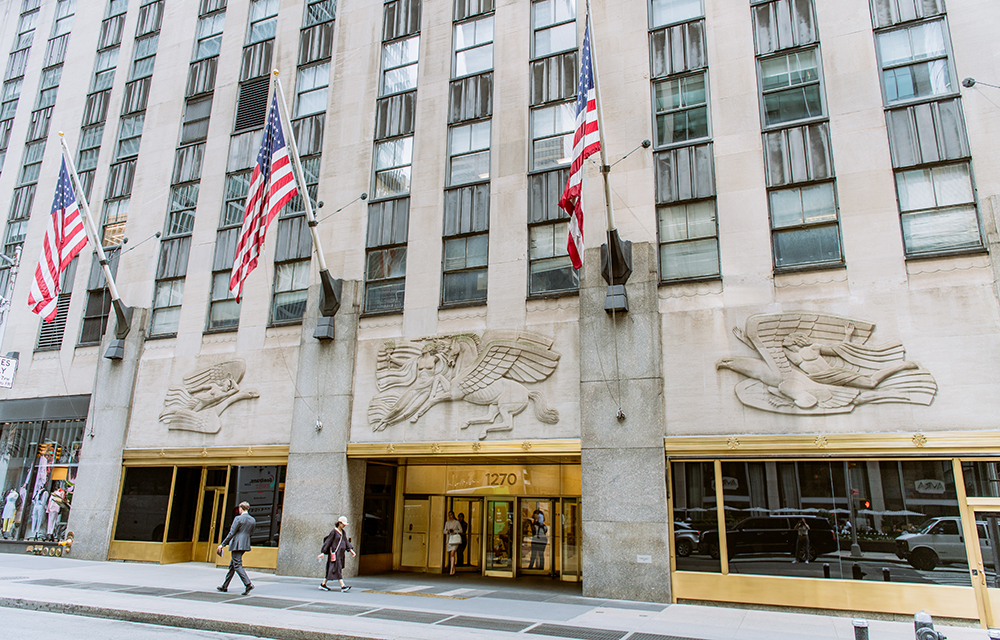
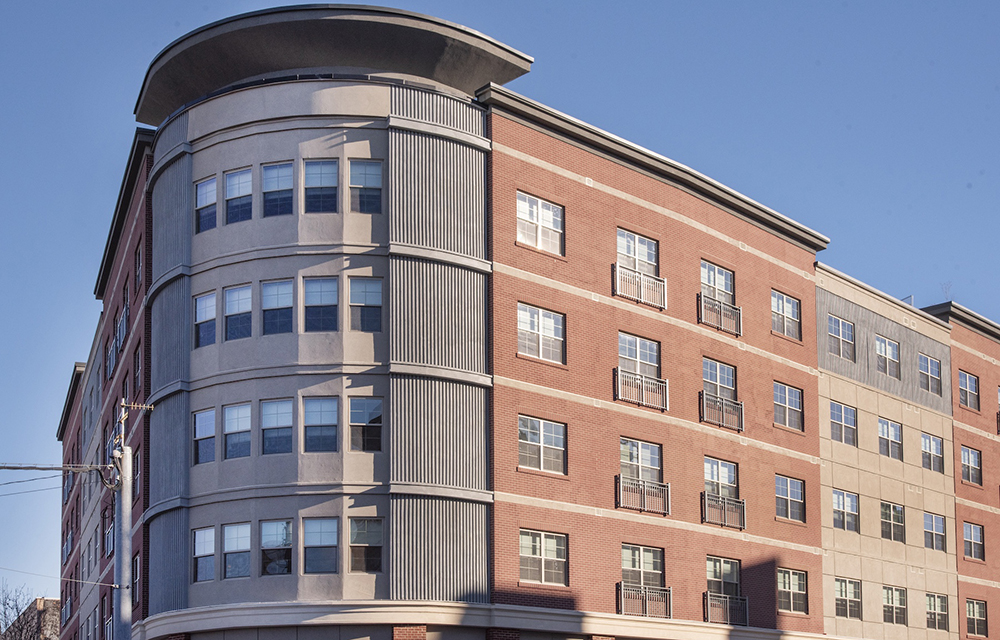
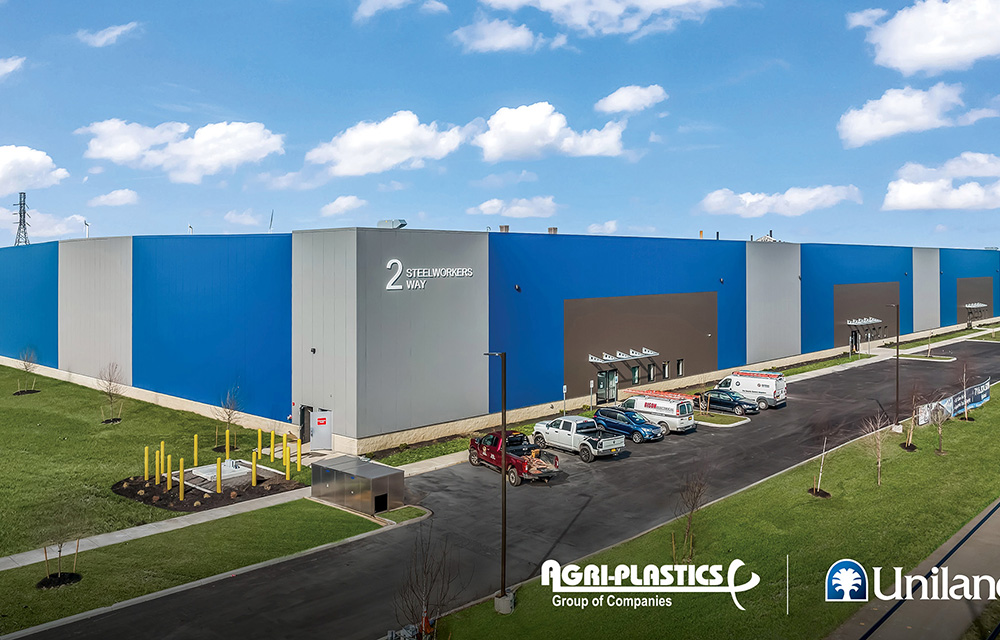
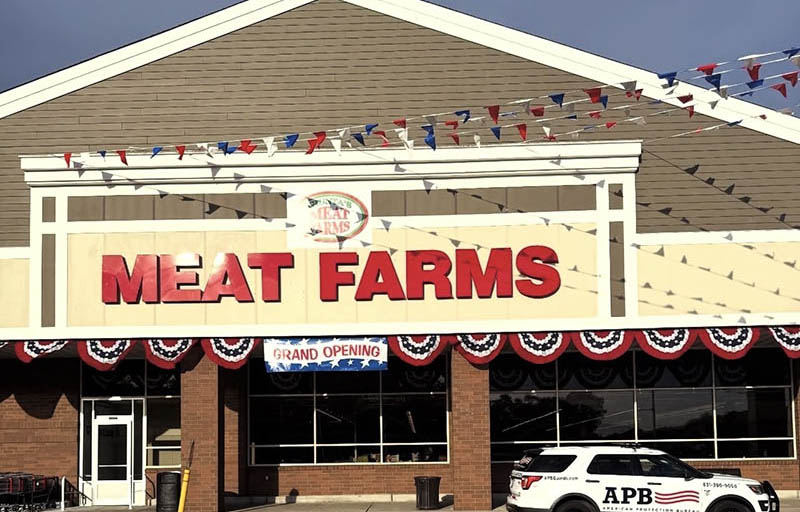
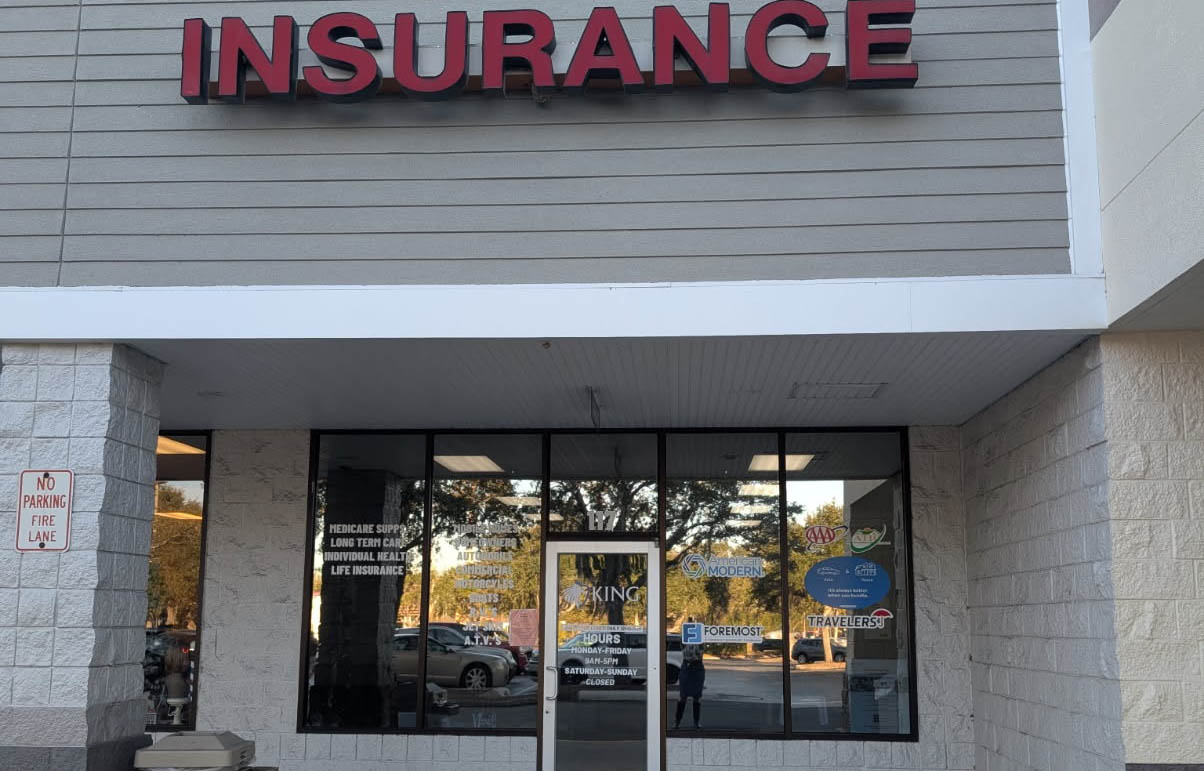

.jpg)

.gif)